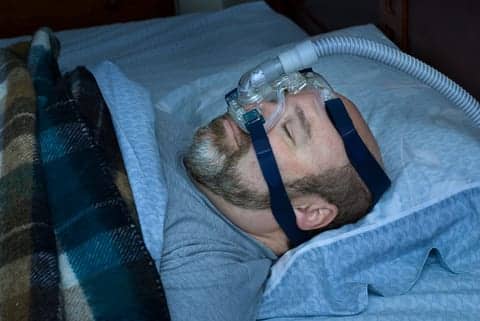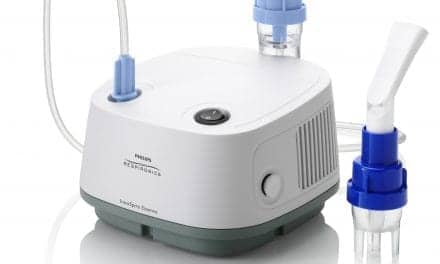According to new research, patients undergoing percutaneous coronary intervention (PCI), which is a procedure used to treat heart disease, are at an increased risk for obstructive sleep apnea (OSA). The study included 1,305 mostly male patients from India, Hong Kong, China, Brazil, Myanmar, and Singapore who had undergone successful PCI. Overnight sleep studies were performed on all subjects.
A news release from the American Thoracic Society indicates that the overall prevalence of OSA was 45% and 21.8% of the study subjects had severe OSA, as assessed with the apnea-hypopnea index (AHI), which reveals OSA severity based on the number of apneas and hypopneas per hour of sleep.
Excessive daytime sleepiness, measured with the Epworth Sleepiness Scale, was observed in only a quarter of the patients with OSA. In addition, only half of the patients with OSA were categorized as being at high risk for OSA on the Berlin Questionnaire, which suggests that these validated tools in the general population may not be useful for patients with cardiovascular diseases, according to ATS.
Luciano Drager, MD, PhD, states, “Our findings, in a large, multicenter sample of patients, reinforce the known association between OSA and cardiovascular disease. Nearly half of the patients in our study, who were treated with PCI for either myocardial infarctions or angina, had OSA.”
Drager adds, ““Earlier studies have shown strong relationships between sleep apnea and a number of cardiovascular conditions, including high blood pressure, arrhythmia, stroke and heart failure. Our study supports this strong association between OSA and heart disease and also suggests that the methods used to screen for OSA in patients with cardiovascular disease need to be improved.”
The ATS news release notes that an ongoing study will evaluate whether OSA contributes to the risk of cardiovascular events in patients who have undergone successful PCI.
Source: ATS










